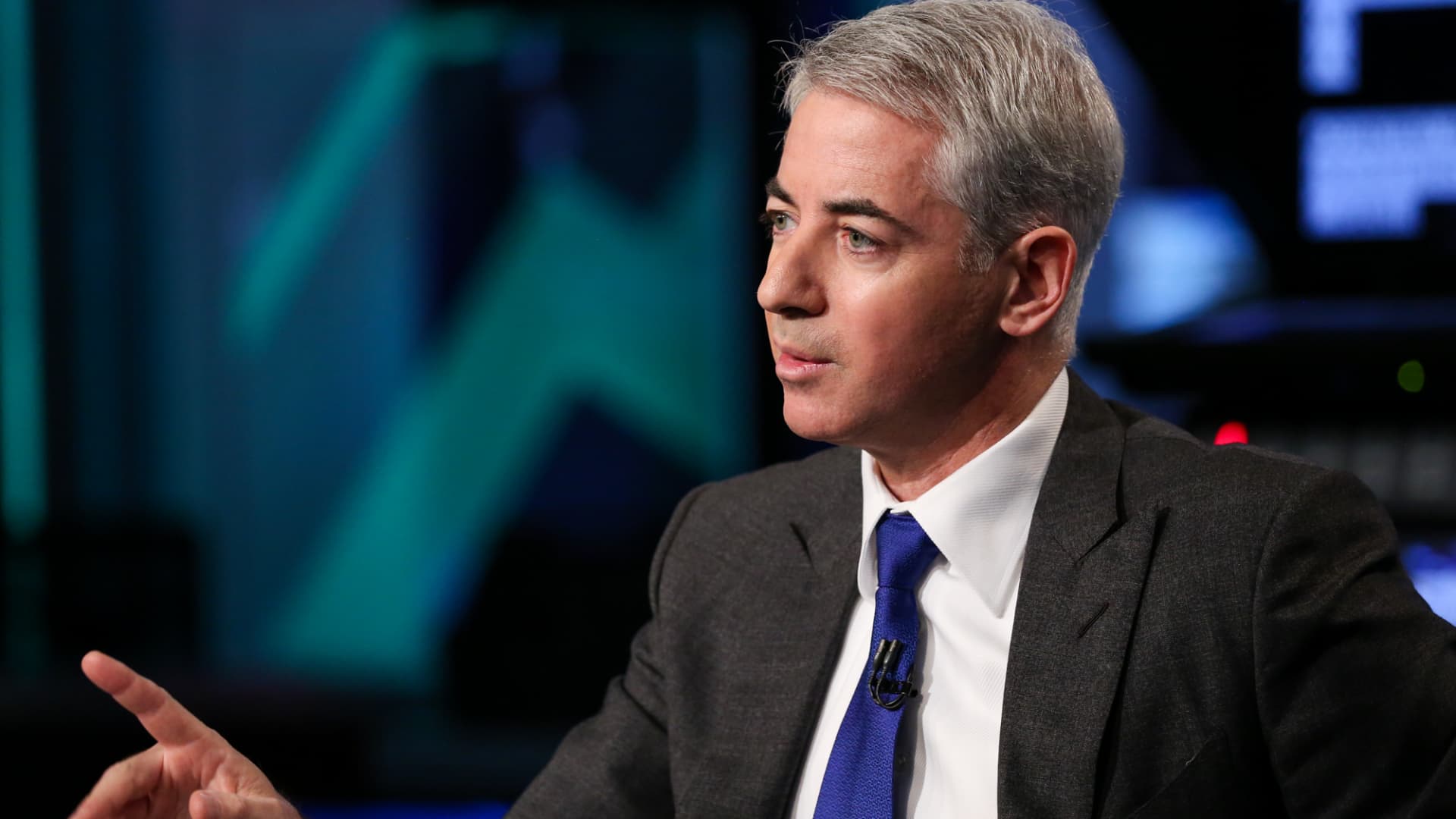Treasury Secretary Scott Bessent joins ‘America’s Newsroom’ to discuss a possible 50% tariff on the European Union, a 25% tariff on Apple, possible Senate changes to Trump’s ‘big, beautiful bill’ and the push to modernize the IRS.
President Donald Trump’s “big, beautiful bill” cleared the House and is making its way through the Senate.
Still, critics point out the bill, which is over 1,000 pages, will add trillions to what is already ballooning government debt hovering at $36 trillion and deficits. However, U.S. Treasury Secretary Scott Bessent believes this can be managed.
“We think that we can both grow the economy and control the debt. What’s important, Bill, is that we grow the economy faster than the debt. What I would tell your viewers to focus on, what I am focused on, what Secretary Yellen was focused on is what is the total debt to GDP because we can grow our way out of this,” Bessent said during an appearance Friday on Fox’s “America’s Newsroom” with Bill Hemmer.
NATIONAL DEBT TRACKER: AMERICAN TAXPAYERS (YOU) ARE NOW ON THE HOOK FOR $36,214,475,432,210
Still, the bill contains several provisions that will benefit American workers and everyday households. FOX Business explains how your money may be affected.
NO TAX ON TIPS
Hardworking Americans won’t have to pay taxes on the tips they make. While this is good for service employees, it may mean lost revenue for the government…continue reading here
A tip jar on the counter at a coffee shop. (iStock / iStock)
401(k) FOR BABIES & CHILD TAX CREDITS
Typically, you start a 401(k) when you begin working, getting matched contributions from your employer. The bill may expand similar investment vehicles to newborns and other child tax credits…continue reading here.
Little girl sleeping (iStock / iStock)
SALT
High-tax blue states, such as New York, likely secured a win with a big bump for SALT, a deduction for state and local taxes, previously capped at $10,000…continue reading here
GET FOX BUSINESS ON THE GO BY CLICKING HERE
The Midtown Manhattan skyline in New York City April 8, 2024. (Charly Triballeau/AFP via Getty Images / Getty Images)
AUTO LOANS INTEREST FREE
If you own or buy a car made in the U.S. using an auto loan, the interest is on track to be eligible for a deduction…continue reading here.
Vehicles for sale at an AutoNation Honda dealership in Fremont, Calif., June 24, 2024. (David Paul Morris/Bloomberg via Getty Images / Getty Images)
MEDICAID SAFE?
Trump made it clear the Medicaid program, which provides basically free health insurance to Americans who meet income requirements, won’t be gutted. Not everyone is convinced…continue reading here
FOOD STAMPS
Changes to food stamps and nutrition assistance, formerly known as SNAP, or the Supplemental Nutrition Assistance Program, are part of the tax bill. Here’s what may change…continue reading here
A SNAP sign is displayed on a screen inside a Family Dollar store in Chicago March 3, 2020. (Daniel Acker/Bloomberg via Getty Images / Getty Images)
CLICK HERE TO GET THE FOX NEWS APP

 Economics1 week ago
Economics1 week ago
 Blog Post1 week ago
Blog Post1 week ago
 Economics1 week ago
Economics1 week ago
 Economics1 week ago
Economics1 week ago
 Accounting1 week ago
Accounting1 week ago
 Economics4 days ago
Economics4 days ago
 Personal Finance3 days ago
Personal Finance3 days ago
 Economics1 week ago
Economics1 week ago















